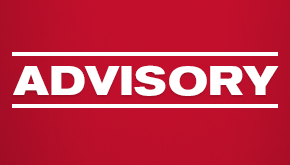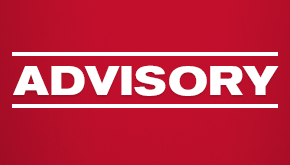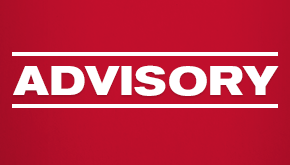Construction and Real Estate Activities Resume in New York City Under Phases 1 and 2 of New York Forward
Phase 1: Construction
As of June 8, New York City entered Phase 1 under the Governor’s New York Forward Plan, which allowed the reopening of certain businesses closed as a result of Executive Order 202.6, directing all nonessential businesses to close because of the COVID-19 pandemic. In Phase 1, New York City cooperatives and condominiums may allow nonessential construction projects that were stopped due to the COVID-19 outbreak to begin or recommence. Of course, construction may only commence to the extent that contractors have obtained all applicable permits that are normally required by law, as well as complied with the new COVID-19-related requirements imposed by the State and City.
Among those COVID-19-related requirements, the New York State Department of Health (NYSDOH) requires that, before commencing construction, contractors create a written Safety Plan, which we discussed in our last advisory. The contractor must post the Safety Plan conspicuously at the job site.
The NYSDOH also requires that contractors read the “Interim Guidance for Construction Activities During the COVID-19 Public Health Emergency” (which can be found here) and submit an online form to affirm that the contractor will comply with the Construction Guidance. That affirmation must also be posted at the job site. The guidance sets forth rules pertaining to issues such as the required distances between workers depending on the location and type of work being performed, required signage at the job site, protective equipment, hygiene and cleaning, screening and testing, and procedures for tracing and tracking of COVID-19.
The New York City Department of Buildings (DOB) has also issued a guidance in conjunction with the New York City Department of Health that incorporates and requires compliance with the above-mentioned NYSDOH guidance and affirmation. The DOB advises that after July 8, 2020, violations of its guidance will result in fines of $5,000 for the first offense and $10,000 for subsequent violations. It also has the right to issue a stop work order.
We encourage our condominium and cooperative Boards to confirm that managing agents, consultants and project managers address the above guidances at kickoff meetings to confirm that the right protocols are in place for the start of construction projects. These new requirements should also be reflected in the alteration agreement, or addenda to previously executed alteration agreements.
Phase 2: Real Estate Services
The NYSDOH has issued the “Interim Guidance for Real Estate Services During the COVID-19 Public Health Emergency,” which can be accessed here. Note that this guidance relates to Phase 2 activities, and New York City, unlike much of the State, has not yet entered Phase 2.
The Real Estate Guidance addresses the same subjects as the Construction Guidance, including rules for physical distancing, required signage, protective equipment, hygiene and cleaning, screening and testing, and procedures for tracing and tracking of COVID-19. It also addresses issues specific to residential buildings, such as how to handle in-person property showings with real estate agents. A summary of the Real Estate Guidance in bullet point form can be found here.
We encourage Boards to have their managing agents complete the NYSDOH’s affirmation as to agreeing to comply with the Real Estate Guidance and to post it at a conspicuous location in the building along with the Safety Plan.
While the Governor recently allowed nonessential gatherings of up to 10 people to take place, pending further guidance, the Real Estate Guidance provides that nonessential visitors should be prohibited on site. It is unclear as to the reason for the discrepancy, but we advise Boards to encourage their residents to limit nonessential visitors. The guidance also provides that nonessential common areas such as playrooms must remain closed.
The Real Estate Guidance also states that employees and visitors to the building should be screened each day, either before they enter the building or once they have already arrived, by telephone or electronic survey or similar method, as to whether the individual has tested positive for COVID-19, experienced COVID-19 symptoms, or been in close contact with anyone who tested positive for COVID-19 in the last 14 days, and to keep a record of the responses. While as part of the screening, the NYSDOH permits taking the temperature of employees and visitors on a daily basis (though it is not required), we recommend that Boards speak with their attorney and their managing agents about whether they should engage in temperature taking as part of the screening process.
As to visitors, the guidance provides that to the extent possible, a log should be kept of every person, including employees and visitors, who may have close contact with other individuals at the building, along with the person’s contact information. The purpose of the log is so that individuals may be notified in the event an employee is diagnosed with COVID-19. For buildings without door staff, keeping a log is not easy, but Boards should ask other employees such as superintendents to at least keep track of contractors and vendors who may enter the building and ask residents to maintain their own daily log of their visitors (while also encouraging residents to limit visitors).



































